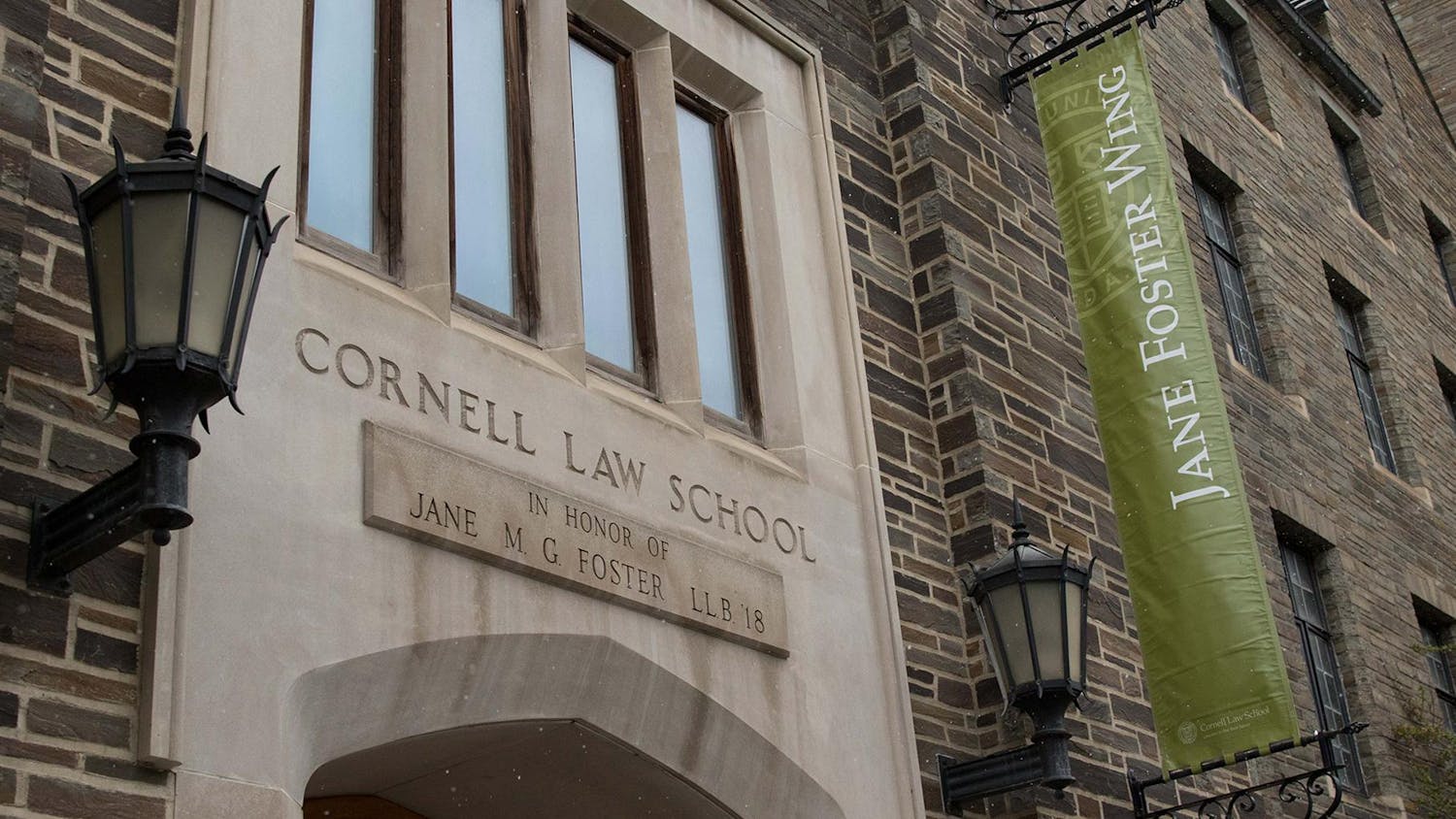After nearly two years of construction, Klarman Hall opened its doors on Jan. 19, becoming the first new humanities building to be built on the Arts Quad in over 100 years. Its construction cost $61 million, funding which was raised through philanthropy, according to the University.
Adjoining Goldwin Smith Hall, Klarman Hall is home to the Department of Romance Studies, some members of the Department of Comparative Literature and the advising and admissions offices for the College of Arts and Sciences.
Many members of the romance studies department, who moved from Morrill Hall, said they were excited to work in more modern offices.
“My office at Klarman is great,” said Prof. Gerard Aching, romance studies. “The one I had in Morrill was on the top floor and had a round window, so that it was impossible to find an appropriate air-conditioning unit for it. Also, the gaps around the window allowed cold air in during the winter. Not optimal.”
In addition to more modern offices, Klarman Hall also features an environmentally friendly design.
“The building has been designed to achieve a Platinum LEED rating and generates electricity through a roof-mounted array of photovoltaic panels,” said Gilbert Delgado, the University architect.
Several faculty members praised the central atrium, which is a designated space for both formal and informal gatherings.
“It’s an uplifting, light-filled space to walk through and hang out in; all of us will appreciate that,” said Prof. Scott MacDonald, philosophy, senior associate dean for frts and humanities in Arts and Sciences. “But it’s also perfect for more intentional gatherings — receptions, talks, readings, performances — things that add richness and variety to our intellectual life and that bring us together outside the classroom and lab. I think it will become a kind of hub or forum at the center of the college.”
The glass-enclosed atrium will be “particularly valued during the long winter months,” Delgado added.
“At night, the iconic atrium will be illuminated, serving as the point of emphasis on East Avenue, enshrining the courtyard of Goldwin Smith Hall,” Delgado said.
Faculty also expressed excitement about the social opportunities Klarman Hall will facilitate.
“I have observed how Duffield Hall brings together students and faculty from engineering and related fields, and I am anticipating that the same will happen for those of us in the humanities at Klarman,” Aching said. “Having offices close to the Temple of Zeus café as well as to the atrium’s open and light-filled common spaces are conducive for important conversations of all kinds.”
Klarman Hall will host a series of events celebrating the arts at Cornell — called “New Century for the Humanities” — prior to the formal dedication of the building on May 26.

Klarman Hall Opens Following Two Years of Construction
Reading time: about 2 minutes
A panoramic photo shows the inside atrium of the new Karman Hall, which contains the rotunda of Goldwin Smith Hall.
Read More










